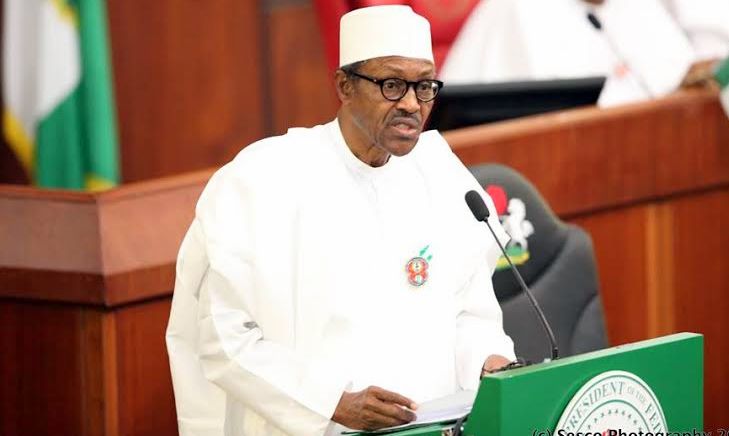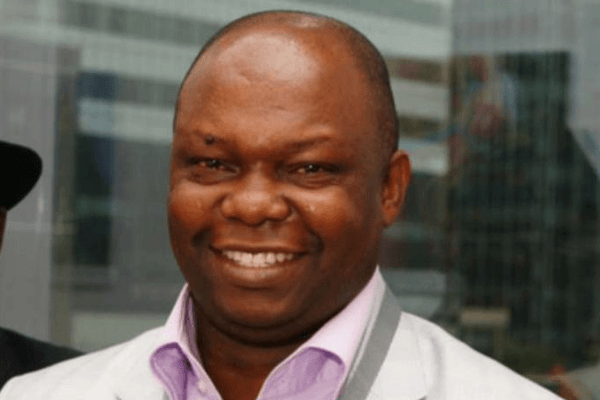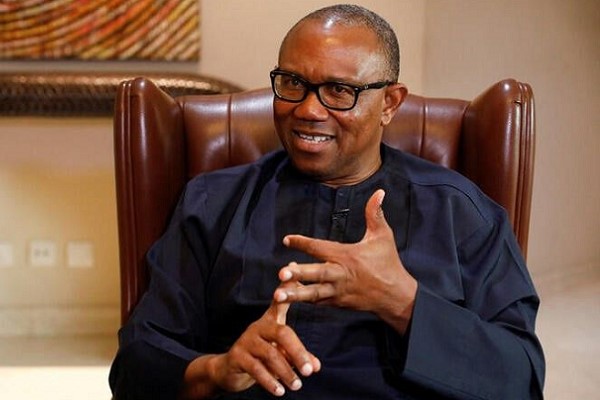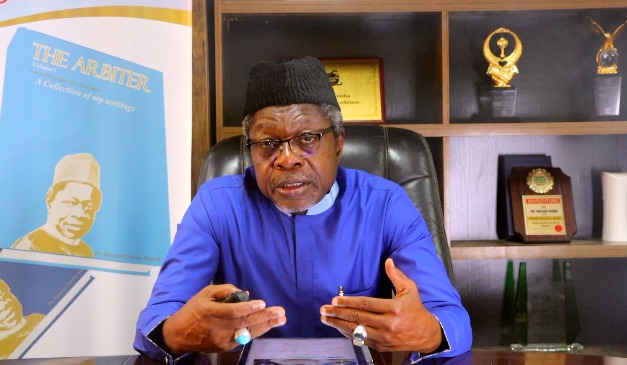Budget is an important document that modern state use as instrument to guard their economic direction. Budget is also a financial description that details the total spending expeditures and projection income revenues.
Interestingly, budget can be view from either as capital budget and recurrent budget.This two view of budget is what economist acknowledge as the driver of economic growth as well as facilitating development.
Chiefly also, budget is regarded as the instrument that strenghtens Fiscal policies of the government. And at same an hindsight to Monetary measures and policies the central bank.
In this wise national budget is a clearing sight to deployment of both Fiscal and Monetary policies. Although, budget remains part and parcel of fiscal measures that is acknowedge as Public Financial Management
This however includes,Debt (Domestic and Foreign),Loans,Government Bills and Treasury Papers amongs others.
Today, Nigeria’s budget and budgeting process is publicly debate,especially as understanding it working and operation in an emerging growing economies like ours cannot be over emphasises.
That why the recently presented 2023 budget by President Muhammadu Buhari estimates totalling N20.51 trillion and tagged: Budget of Fiscal Consolidation and Transition, to the joint session of the National Assembly in Abuja.
Demands interrrogation and critical analysis as in how this budget can really grow the economy? Find out if the budget parameters are good enough to ensure pragmatic economic development? Is the projection in budget in terms of revenues realistic? Why our budget still subject to fiscal deficit and burden with debt servicing symdrom?
According to the President, the proposed N20.51 trillion 2023 expenditure comprises: Statutory Transfers of N744.11 billion; Non-debt Recurrent Costs of N8.27 trillion; Personnel Costs of N4.99 trillion; Pensions, Gratuities and Retirees’ Benefits of N854.8 billion.
”It also includes Overheads of N1.11 trillion and Capital Expenditure of N5.35 trillion, including the capital component of Statutory Transfers; Debt Service of N6.31 trillion; and sinking Fund of N247.73 billion to retire certain maturing bonds.
He added that total fiscal operations of the federal government to result in a deficit of N10.78 trillion.” This represents 4.78 per cent of estimated GDP, above the three per cent threshold set by the Fiscal Responsibility Act 2007.
Interesting the fiscal assumptions and parameters, total federally-collectible revenue is estimated at N16.87 trillion in 2023.Meanwhile principal objective in 2023 was to maintain fiscal stability and ensure a smooth transition to the incoming administration.
On the other hand the total federally distributable revenue is estimated at N11.09 trillion in 2023, while total revenue available to fund the 2023 Federal Budget is estimated at N9.73 trillion. This includes the revenues of 63 government-owned enterprises.
Specifically, oil revenue is projected at N1.92 trillion, non-oil taxes are estimated at N2.43 trillion, FGN Independent revenues are projected to be N2.21 trillion. With other exprcted FG revenues total N762 billion, off which Government Own Enterpises (GOEs) retained revenues of the GOEs amount to N2.42 trillion.
The foregoing estimate of the federal government budget is huge and ambitious.And fundamentally it more than what meet the eyes.In other word, this as followed the yearly ritual of January to December financial spending estimate and income revenue target of the Nigerian state.
Nonetheless, what dearly beg for anwsers lies in the implementation.
For instance the oil price benchmark of $70 is conservative in line with budget principles. For us the oil production benchmark of 1.69mbpd is not realistic if curb oil theft and pipeline vandalism is not proactively done.
More worrisome is that capital project expenditure is shrink in of less than N5trillion of 30% of total spending.
Sadly, debt servicing is to consume over N6.31 trillion in excess of the amount budgeted for capital expenditure.
More damaging is N1 trillion for over head cost and the N10.78 trillion of fiscal deficit is poison to our economy.
Instructively, our poor drive to revenue target is not encouraging in budget framework operation and working.What about the inflation of 17% the budget tends to moderate,alongside growth rate 3.7 for 2023.
Our take on the budget is that, the target of the budget to boost economic activities would be a failure since debt servicing and fiscal deficit in combine excess of N18trillion is toxic to our economy.Furthermore, the real sector would be affected in a way that the target of the budget to facilitate job creation would be stifled.Since capital outlay is shrinked in allocation.
Whis is to be done
We acknowledge that meeting up with our projected revenues has been failing especially as the government has failed to reinvent a more pragmatic approach to harvest revenues from the non-oil sector. This is why every effort must be made to improve revenue collection efficiency as well as monitor closely the MDAs and government independent revenues.
Another, is implementation of the budget
would require courageous fiscal policy to address and reduce the deficit. So as to avoid further increases in our debts, but to ensure macro-economic stability, grow confidence in the system and guarantee sustainable economic growth.
Again our case for the capital component is not far from a national strategic interest. Rather the importance of infrastructure to the stimulation of economic activities cannot be overemphasis. Equally as it is the medium to entrench a legacy proceeding for future administration.
Yet more, corruption in our budget system must be discourage.For us the N2.42 trillion gifted to spend by Government-Owned Enterprises must be thoroughly accounted for.
Lastly, economy diversification must be sustain toward alternative revenue from rentier petrol dollar. It a clarior call on MDAs to focus on revenue side of the budget and greater attention to internal revenue generation.
Adefolarin A. Olamilekan,is a Political Economist and Development Researcher.He can be reached via:
Tel: 08107407870,08073814436





